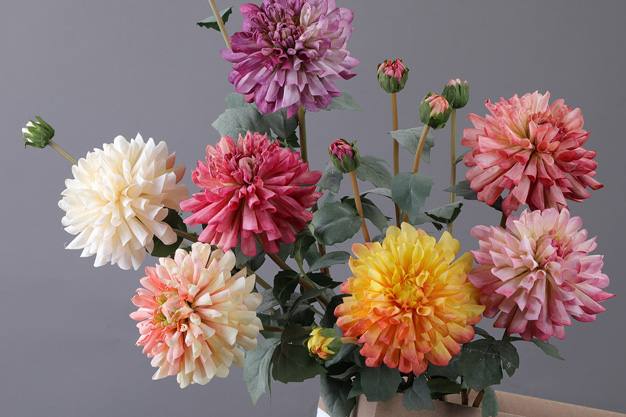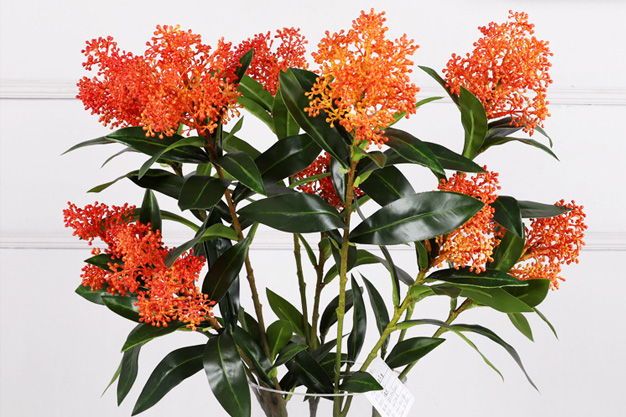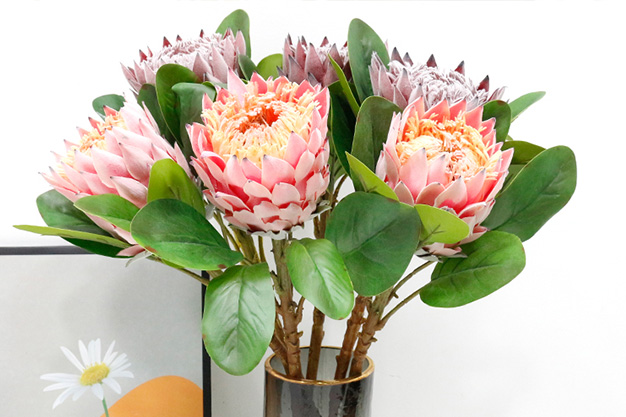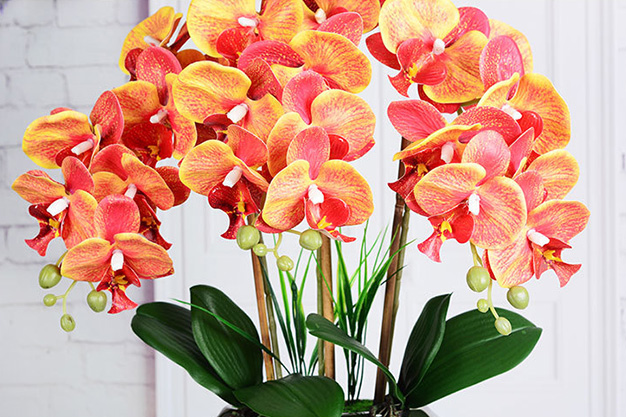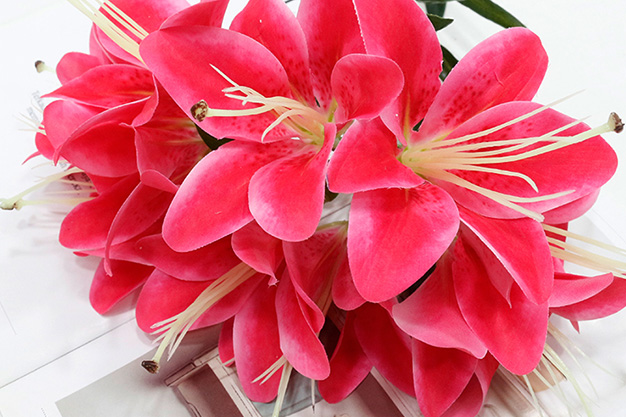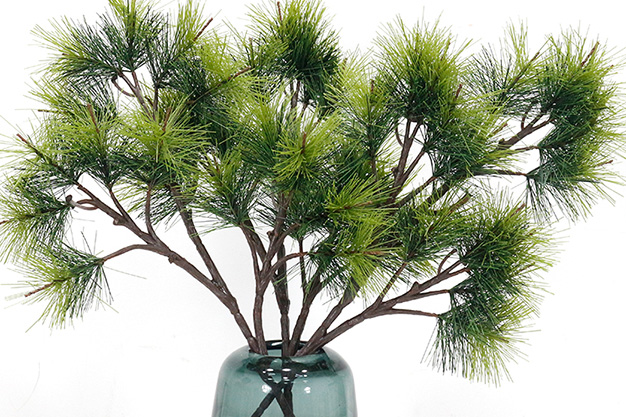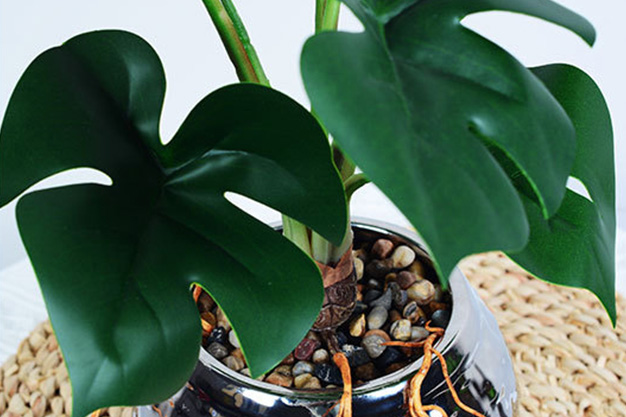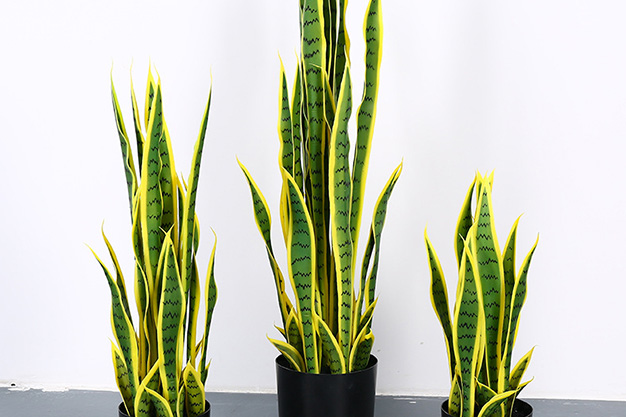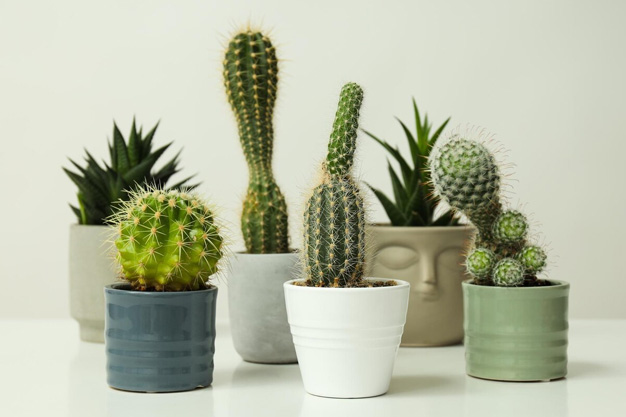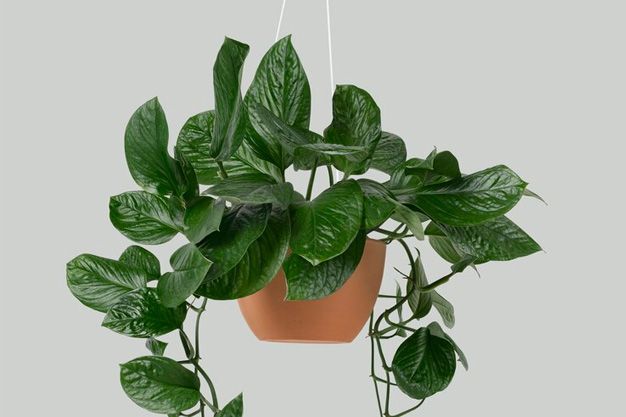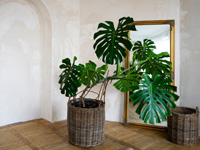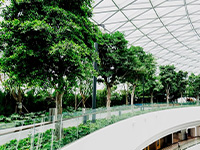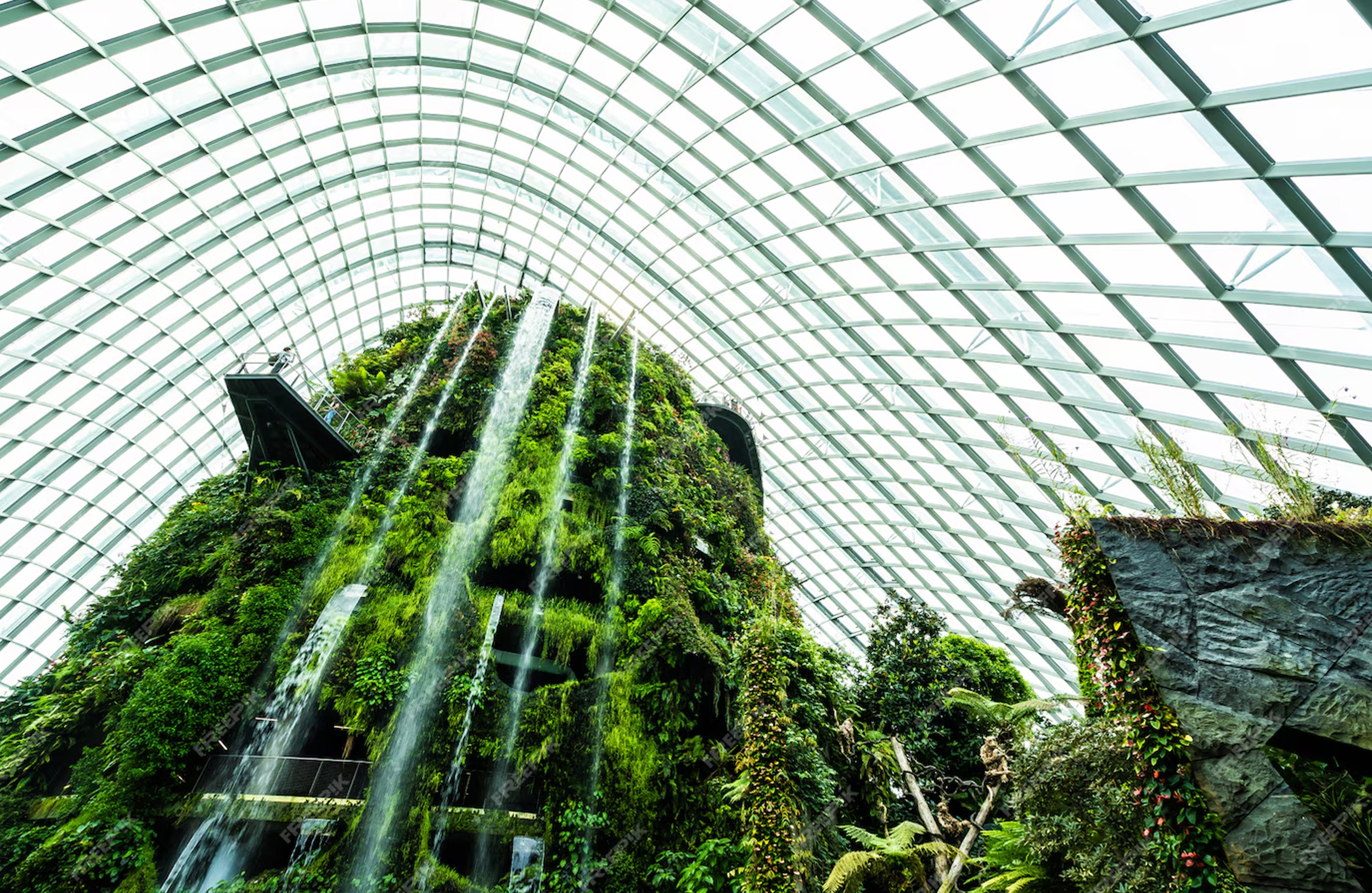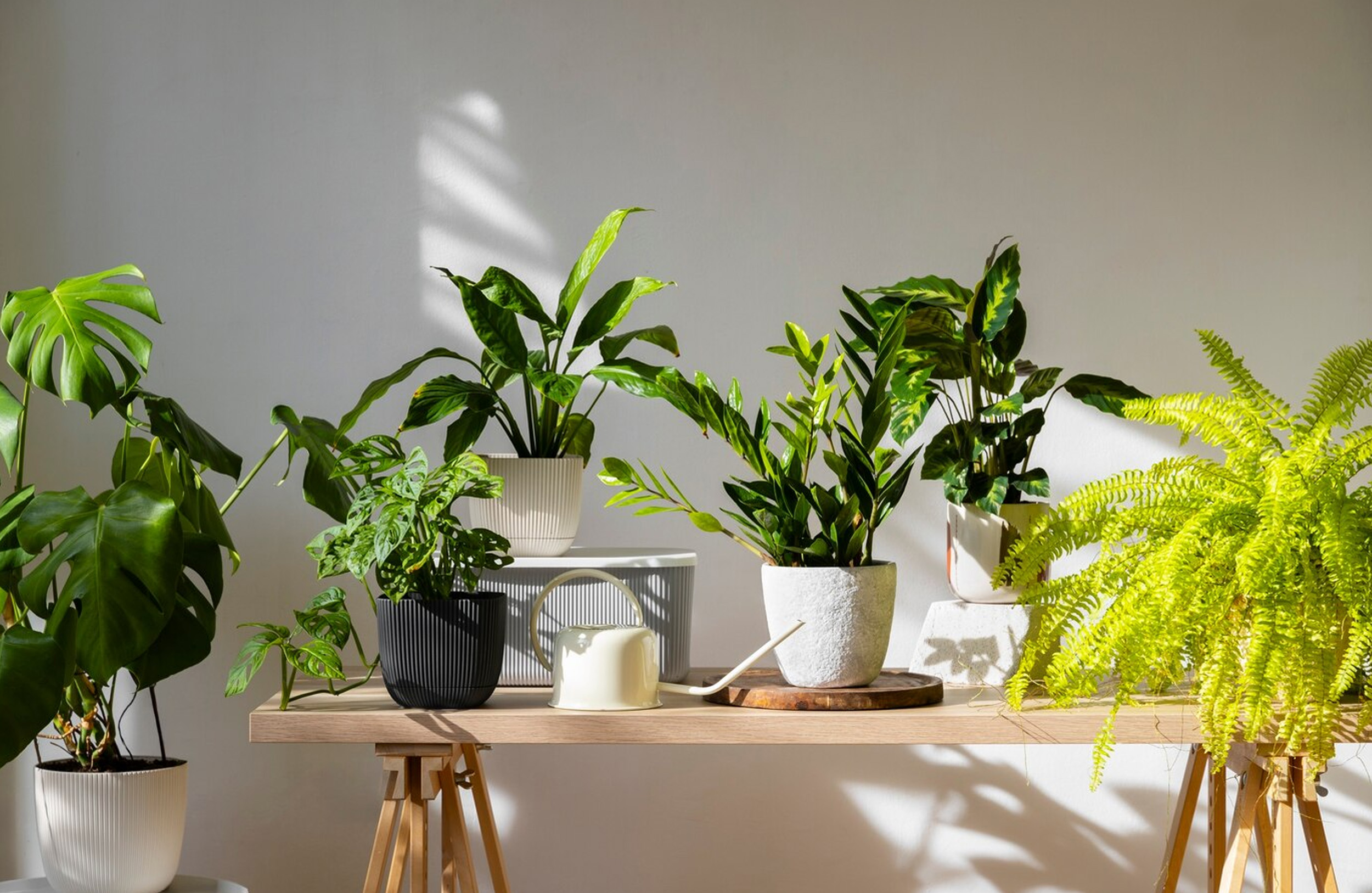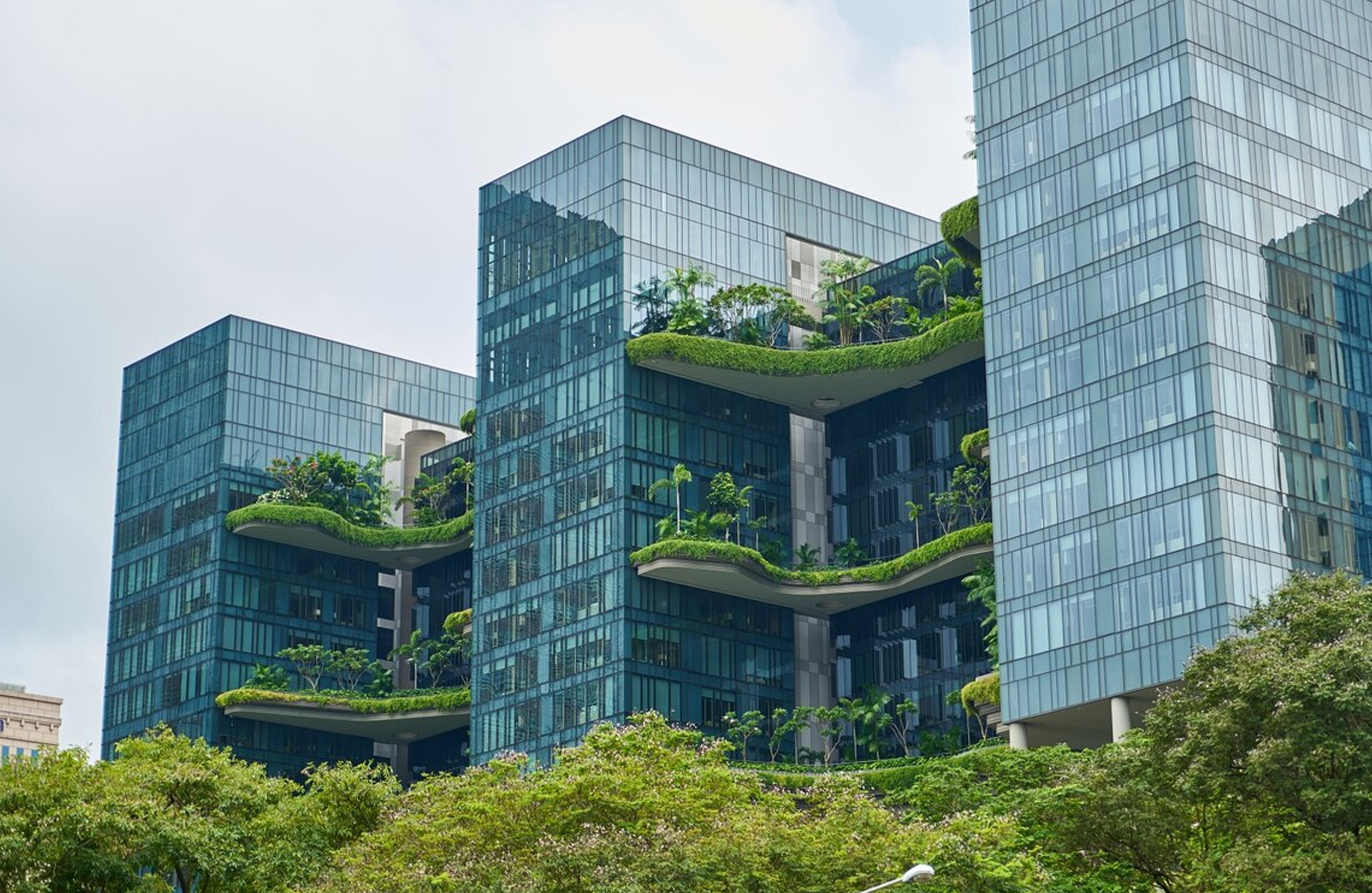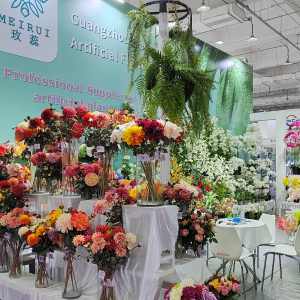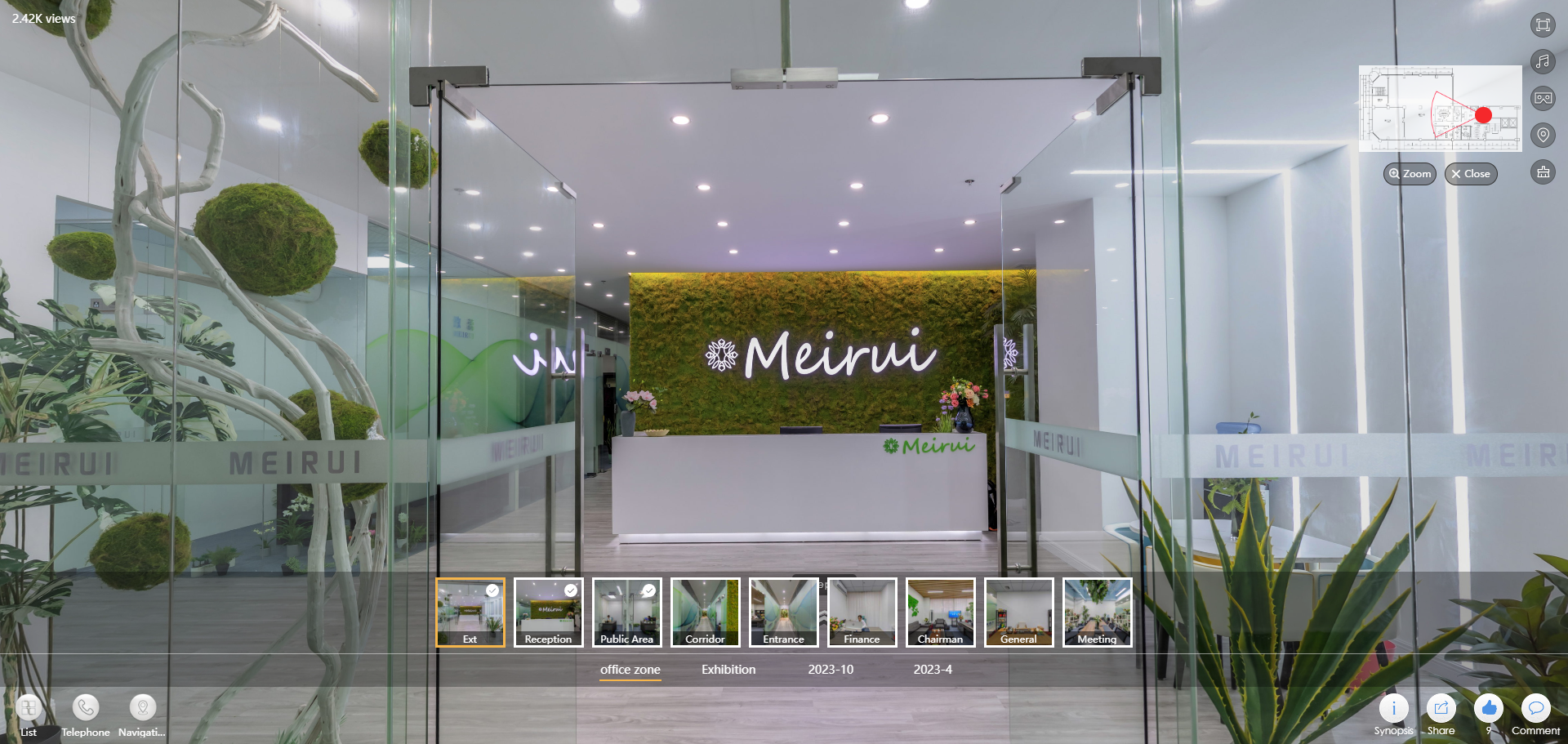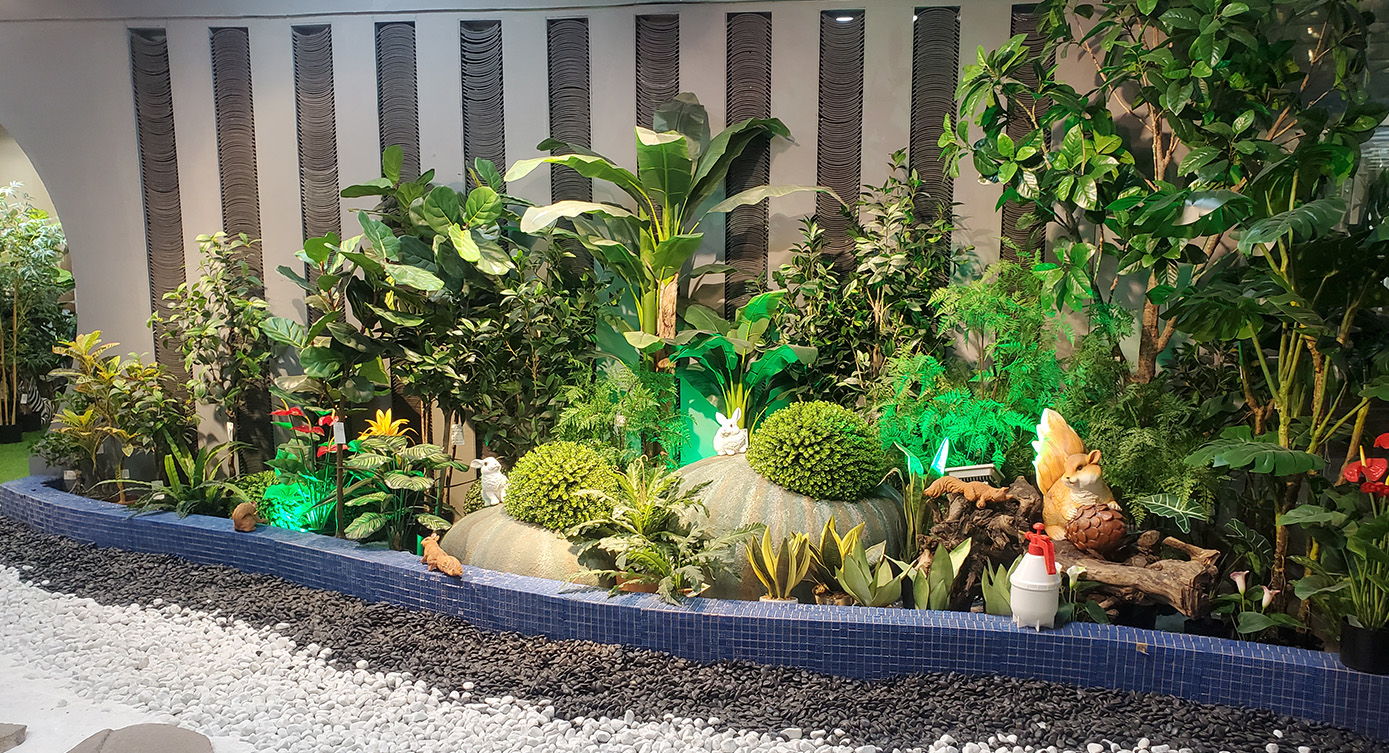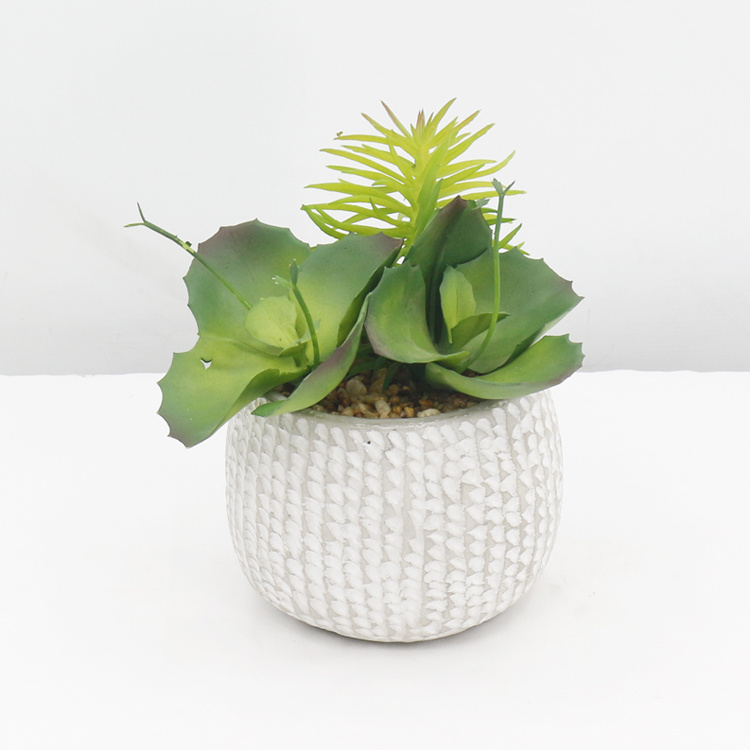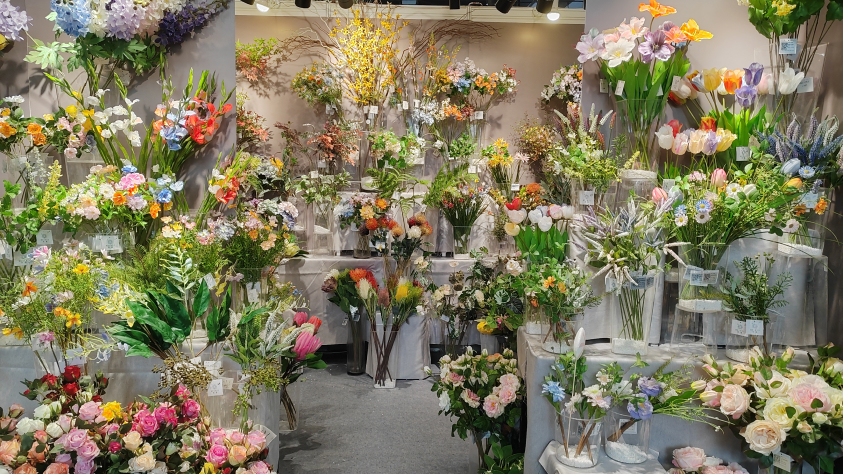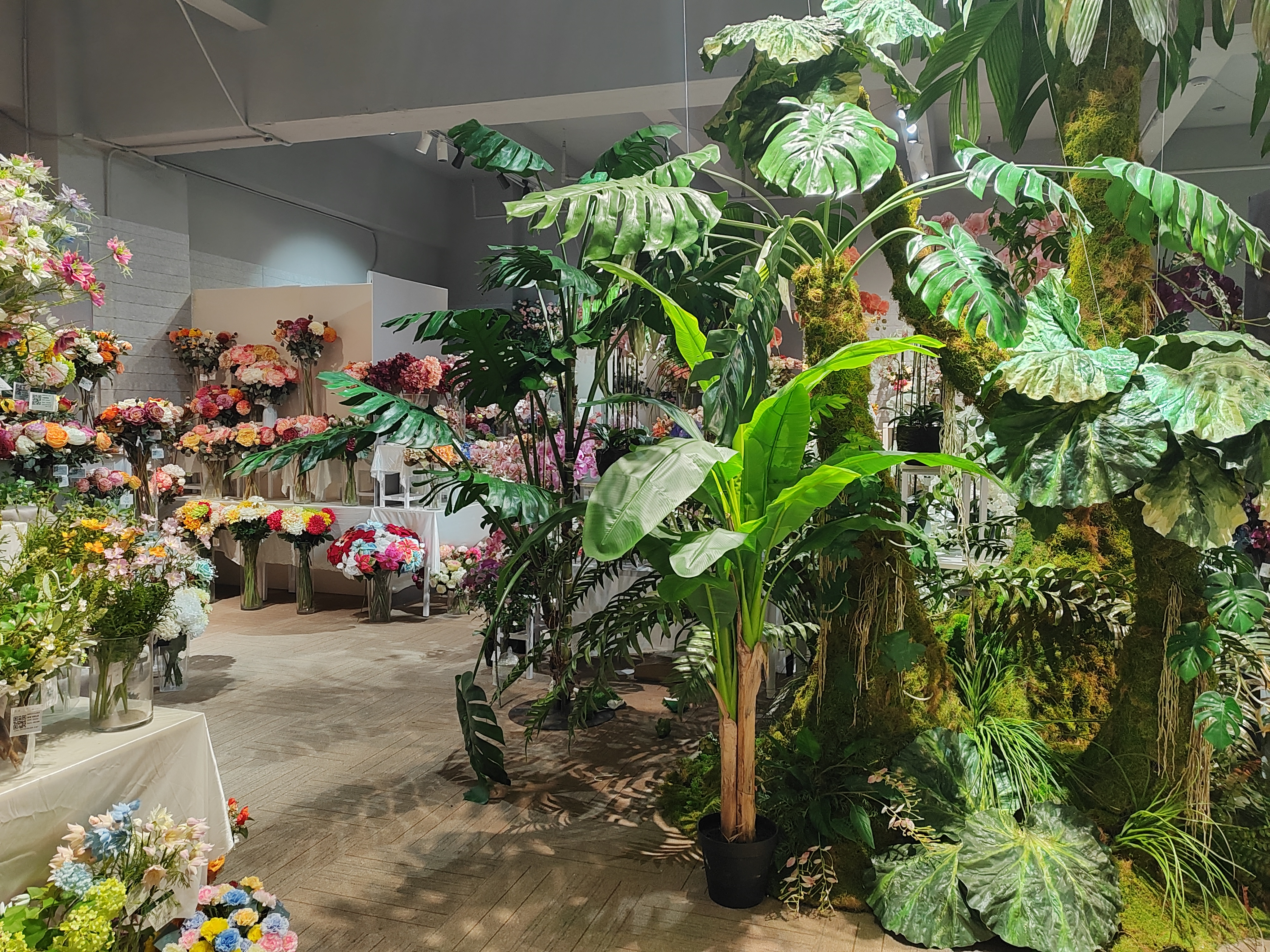

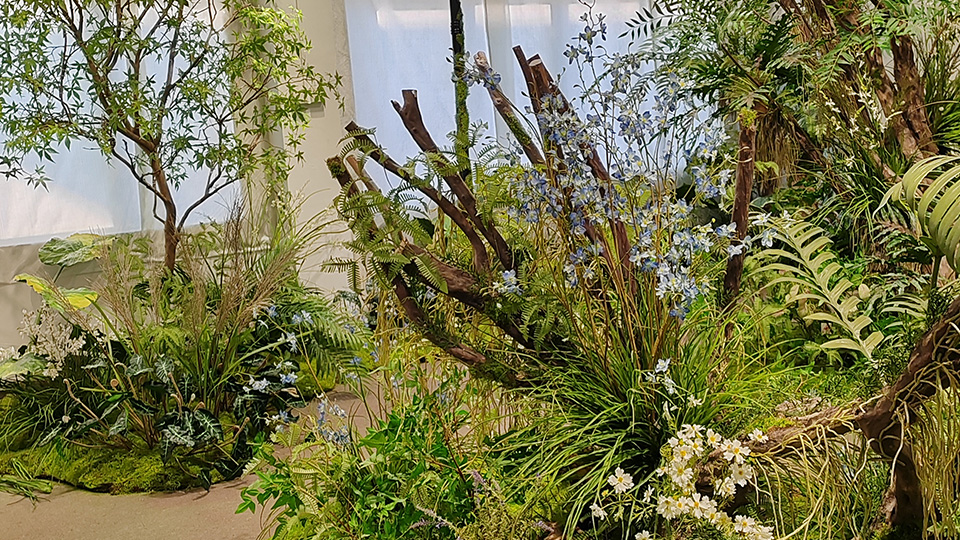
Introduction:
For individuals with allergies, the beauty of fresh flowers can come at a cost. The pollen released by flowers can trigger allergic reactions, making it difficult for allergy sufferers to enjoy the presence of floral arrangements in their homes or events. However, the rise of Sustainable and innovative Artificial flowers offers a solution that allows Allergy sufferers to enjoy the beauty of flowers without the risk of allergic reactions. In this article, we will explore the benefits of artificial flowers for allergy sufferers, highlighting their sustainability, innovative features, and their Environmentally friendly nature.
Understanding the Allergen-Free Nature of Artificial Flowers:
Artificial flowers are crafted using materials such as silk, polyester, or other synthetic fibers. Unlike fresh flowers, artificial flowers do not release pollen or other allergenic particles into the air. This makes them an ideal choice for individuals with allergies, as they can enjoy the beauty of flowers without the risk of triggering allergic reactions.
Sustainability and Innovative Features of Artificial Flowers:
- Sustainable Materials: The use of sustainable materials is a key feature of modern artificial flowers. Manufacturers are increasingly incorporating eco-friendly materials, such as recycled fabrics or natural fibers, into their designs. This reduces the environmental impact of artificial flower production and aligns with the principles of sustainability.
- Recyclable Components: Another innovative feature of artificial flowers is the use of recyclable components. Manufacturers are incorporating materials that can be easily recycled, such as certain types of plastics or metals, allowing for a more sustainable end-of-life cycle for the product.
- Longevity: Artificial flowers have the advantage of longevity compared to fresh flowers. They do not wilt or wither, allowing allergy sufferers to enjoy their beauty for an extended period. This longevity reduces the need for continuous flower replacements, saving both money and resources.
- Low Maintenance: Artificial flowers require minimal maintenance compared to fresh flowers. They do not require watering, trimming, or exposure to sunlight. This makes them an ideal choice for allergy sufferers who may have sensitivities to certain gardening activities or lack the time for plant care.
- Versatility: Artificial flowers offer a wide range of options in terms of colors, types, and arrangements. This allows allergy sufferers to choose from a variety of designs that suit their preferences and complement their home decor. The versatility of artificial flowers ensures that there is a suitable option for every individual.
The Environmental Benefits of Artificial Flowers:
- Reduced Waste: Fresh flowers have a limited lifespan and often end up in the trash once they wilt. Artificial flowers, on the other hand, can be reused and enjoyed for years. This reduces waste and minimizes the environmental impact associated with the production and disposal of fresh flowers.
- Conservation of Resources: The production of artificial flowers conserves natural resources. By using sustainable materials and reducing the need for continuous flower replacements, artificial flowers help conserve water, energy, and other resources required for the growth and transportation of fresh flowers.
- Lower Carbon Footprint: The production and transportation of fresh flowers contribute to greenhouse gas emissions. Artificial flowers, with their longevity and reduced need for transportation, have a lower carbon footprint. Opting for artificial flowers can help mitigate climate change impacts and reduce environmental pollution.
- Preservation of Biodiversity: Artificial flowers do not require the extraction of natural resources, such as soil or water, for their production. By reducing the demand for these resources, artificial flowers contribute to the Preservation of biodiversity and help protect ecosystems.
- Sustainable Manufacturing Practices: Many manufacturers of artificial flowers are adopting sustainable manufacturing practices. This includes using renewable energy sources, optimizing production processes to reduce waste, and prioritizing ethical labor practices. Choosing artificial flowers from responsible manufacturers supports these sustainable initiatives.
Conclusion:
For allergy sufferers, the presence of fresh flowers can be a source of discomfort due to the allergenic particles they release. However, the rise of sustainable and innovative artificial flowers offers a solution that allows allergy sufferers to enjoy the beauty of floral arrangements without the risk of triggering allergic reactions. With their Allergen-free nature, Longevity, Low maintenance, and versatility, artificial flowers provide a practical and aesthetically pleasing alternative.
Furthermore, the sustainability and environmentally friendly features of artificial flowers contribute to a greener future. By reducing waste, conserving resources, and minimizing their carbon footprint, artificial flowers align with the principles of responsible consumption and environmental stewardship.
For allergy sufferers who wish to enjoy the beauty of flowers in their homes or events, artificial flowers offer a practical and allergy-free solution. By embracing artificial flowers, individuals can create a vibrant and allergen-free environment while contributing to a more sustainable and eco-friendly world.
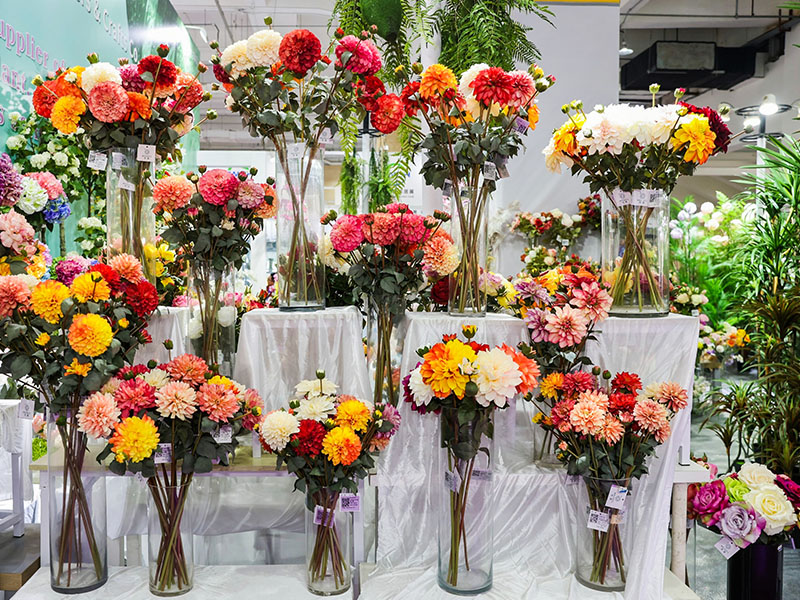
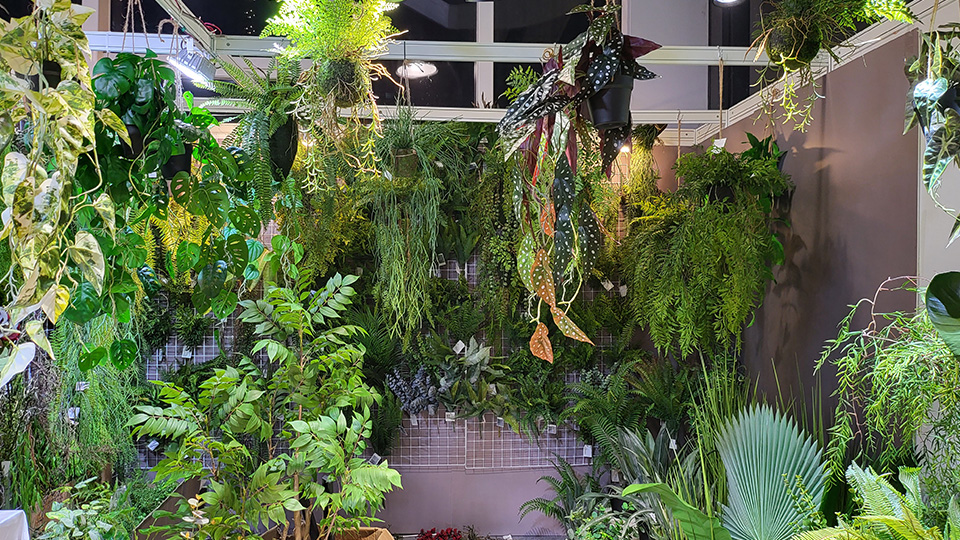

important to us





